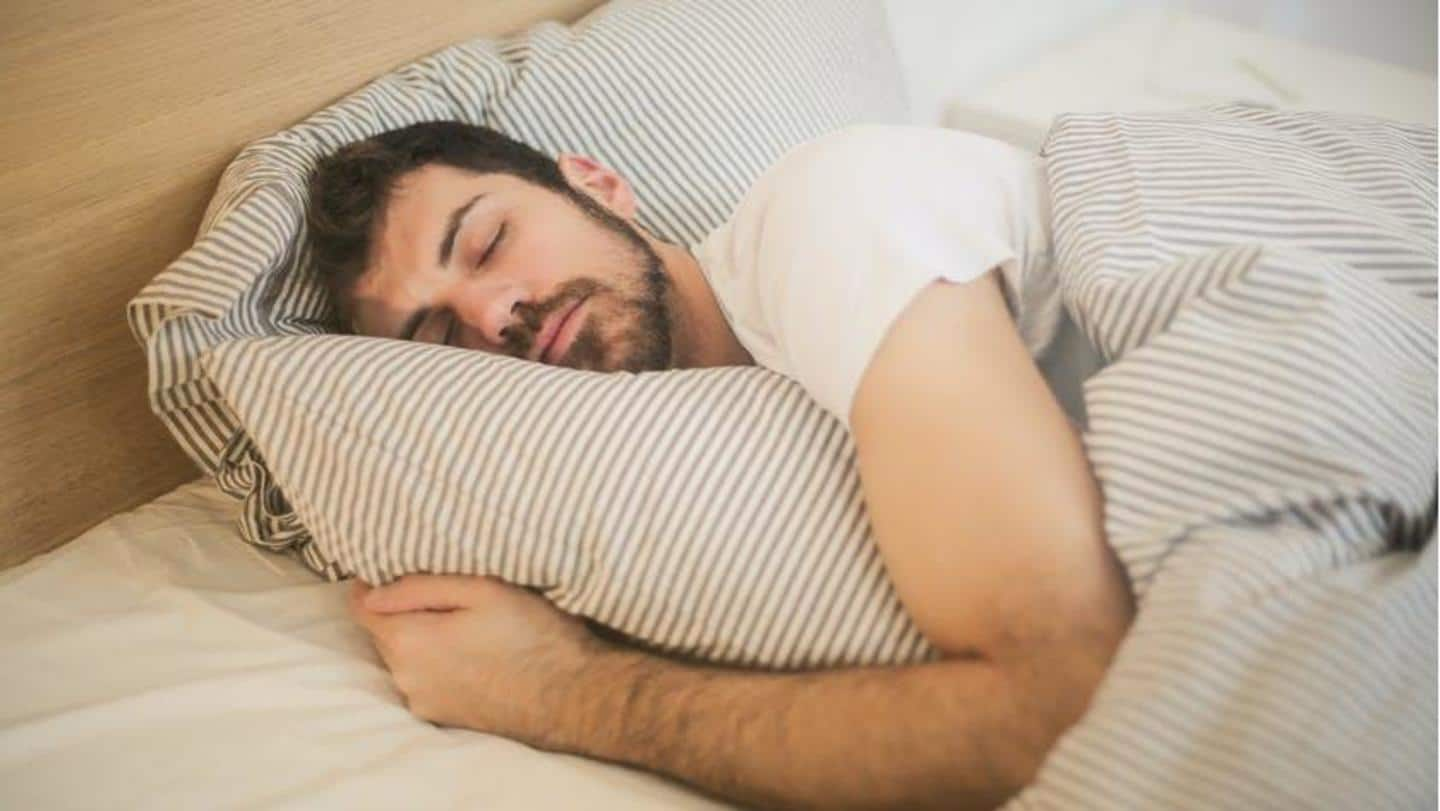
#SleepAwarenessWeek: Fallout of sleep deprivation (and how to fall asleep?)
What's the story
Sleep Awareness Week officially started on March 13 and will run till March 19. This week-long celebration of sleep was launched by the American nonprofit National Sleep Foundation (NSF) in 1998 to highlight the importance of quality sleep. The goal is to help people understand the importance of quality sleep in overall health. It also aims to create health services related to sleep.
#1
Ill effects of insufficient sleep
Sleep deprivation can have innumerable ill effects on your health. Insufficient sleep increases the risk of dementia by 33%, and ages your brain by three-five years. You are at a 50% higher risk of obesity if you get less than five hours of sleep a night. You crave sweet and starchy foods, and ghrelin--the hunger hormones in your body--increase, leading to weight gain.
#2
The societal impact of sleep deprivation
Lack of sleep can cloud your judgment. In the workplace, you will witness the effects of insufficient sleep as a fall in your efficiency and productivity, resulting in more errors. Sometimes poor sleep can result in something much more deadly, like drowsy driving. There are many unfortunate cases of accidents caused by fatigue and inattentiveness due to lack of sufficient sleep while driving.
#3
How much time does it take to fall asleep?
It takes between 10-20 minutes for an adult person to fall asleep. According to a study, your sleep quality declines if you take longer than a half-hour to fall asleep. If you're unable to sleep and feel restless, go on and read a book, listen to soothing music, or try some relaxing breathing exercises. Try to go back to sleep again when you're weary.
#4
Try the easy 4-7-8 sleep method
Relax your body and position the tip of your tongue behind your upper front teeth. Exhale through your mouth, in a whooshing sound. Inhale through your nose for four seconds, then hold your breath for seven seconds. Exhale through your mouth for eight seconds, making the whooshing sound. That's one cycle of breath. Repeat this three-four times, twice a day.
#5
Have you tried the military sleep method?
Relax your jaw and face; drop your shoulders and relax your arms and fingers. Exhale deeply, then relax your legs muscles, and feet. Imagine a calming sensation dispersing from your head to your toes. Now think about one of the two scenarios: You are lying in a canoe on a calm lake; you are lying in a black velvet hammock in a dark room.